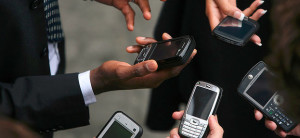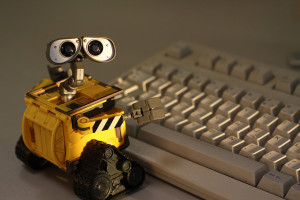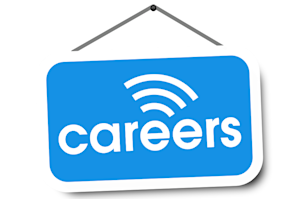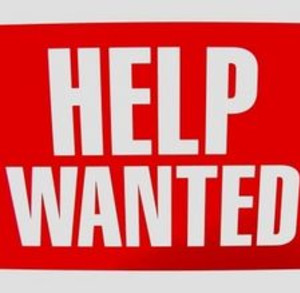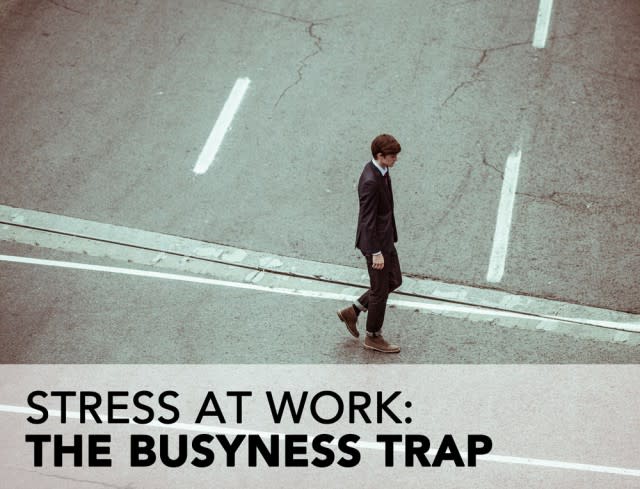
Stress at Work: The Busyness Trap
Stress will mess you up.
According to Forbes, stress is to blame for 40% of all workplace illness. Stress also causes loss of productivity, communication breakdown and decreased engagement.
But, it’s hard not to fall into the stress trap. Especially for those of us surrounded by social media.
There is a culture of humble bragging about extreme busyness that is rampant on the Internet.
For some reason being busy has become synonymous with being productive, at times it seems that it has become synonymous with being a good person.
And yet study after study shows that this “business” leads to stress, and that stress is counter-productive.
This busyness overload is a major issue for organizations because it leads to burnout, disengagement, and poor decision-making.
Not good
To combat the urge to run around like a crazy person, shouting, “I am busy, here me roar!” from the rooftops, only to end up out on stress leave… Here are some steps you can take to keep your work productive, and your busyness in perspective.
Free Write
Keep a notepad and a pen by your desk. Preferably a spiral notepad that is at least medium sized and a nice pen that feels good to hold.
Every morning when you first arrive at your desk, open up your notebook and write down everything that is in your head.
This is called a Brain Dump, Getting Things Done popularized the term, but I learned it from a high school English teacher.
Writing all of the thoughts –junk- floating around in your head out on paper will help you clear your mind so that you are less likely to be distracted by random thoughts about laundry, or projects that need attention. Basically, it helps you stay focused on the task at hand.
Turn Off Your Phone
Or, in my case, disable What’s App!
Constant texts are extremely distracting. Texts may be quick to read and answer, but getting re-focused on your work afterward is a time suck.
Constant interruption is also surprisingly stressful for your brain and can trigger a sense of being overwhelmed even when you really aren’t.
If you feel the need to keep in touch throughout the day, try only checking your phone at allotted times, once in the morning, once on lunch, and once in the afternoon for example. This will prevent the problems associated with constant interruption.
Eat
Did you know that your brain takes up 20% of resting calories?
You need fuel in order to be productive, solve problems, and think in general.
According to the BBC 1 in 4 people in the UK are on a permanent diet (37% of women, 18% of men). According to a survey of my friend group: everyone I know, is on a diet.
I’m not saying that you shouldn’t eat healthy, but coming to work hungry is terrible for productivity and causes a ton of psychological and physical stress.
Keep healthy snacks around the office and if you notice yourself getting irritable, feeling spacey, or developing brain fog you might want to grab a snack.
I am partial to hard-boiled eggs and apples… But I work remotely, so I do not have to worry about offending my colleagues with smelly snacks!
Here is a great list of healthy, portable snacks that you can take to work, or have on hand for your employees.
Slow Down
Rushing about the office is stressful for you, your brain, and all of your colleagues because it creates a false sense of emergency, making every action seem urgent, whether it is or isn’t.
When everyday tasks are imbued with a sense of urgency, it is exceedingly hard to prioritize those tasks that do demand extra attention, time, and focus. This keeps stress levels constantly elevated, and depletes the reserves of strength that we need to call on in times of real emergency!
“Speed isn’t the key factor; velocity is, conscious movement in the right direction.” – Joe Robinson, Work to Live
Slow down, breath, and walk with purpose.
STOP
Your brain needs to rest. A lot. Most people’s brains work best in 90-minute cycles.
This is because your brain can only focus for 90 to 120 minutes before it needs to take a break. Apparently this has to do with the ultradian rhythm (not social media destroying our minds!)
Whatever the reason, science says that you need to give your brain a break if you want to reduce stress and work efficiently.
These breaks are an important part of your workday, not a detractor from it
What kind of breaks should you take? The gold standard is a walk in the great outdoors, but, if this isn’t an option, try a little deep breathing at your desk, or some office appropriate stretching.
On that note, I’m going to put on a cozy sweater and go for a little stroll.
How will you de-stress this week?
